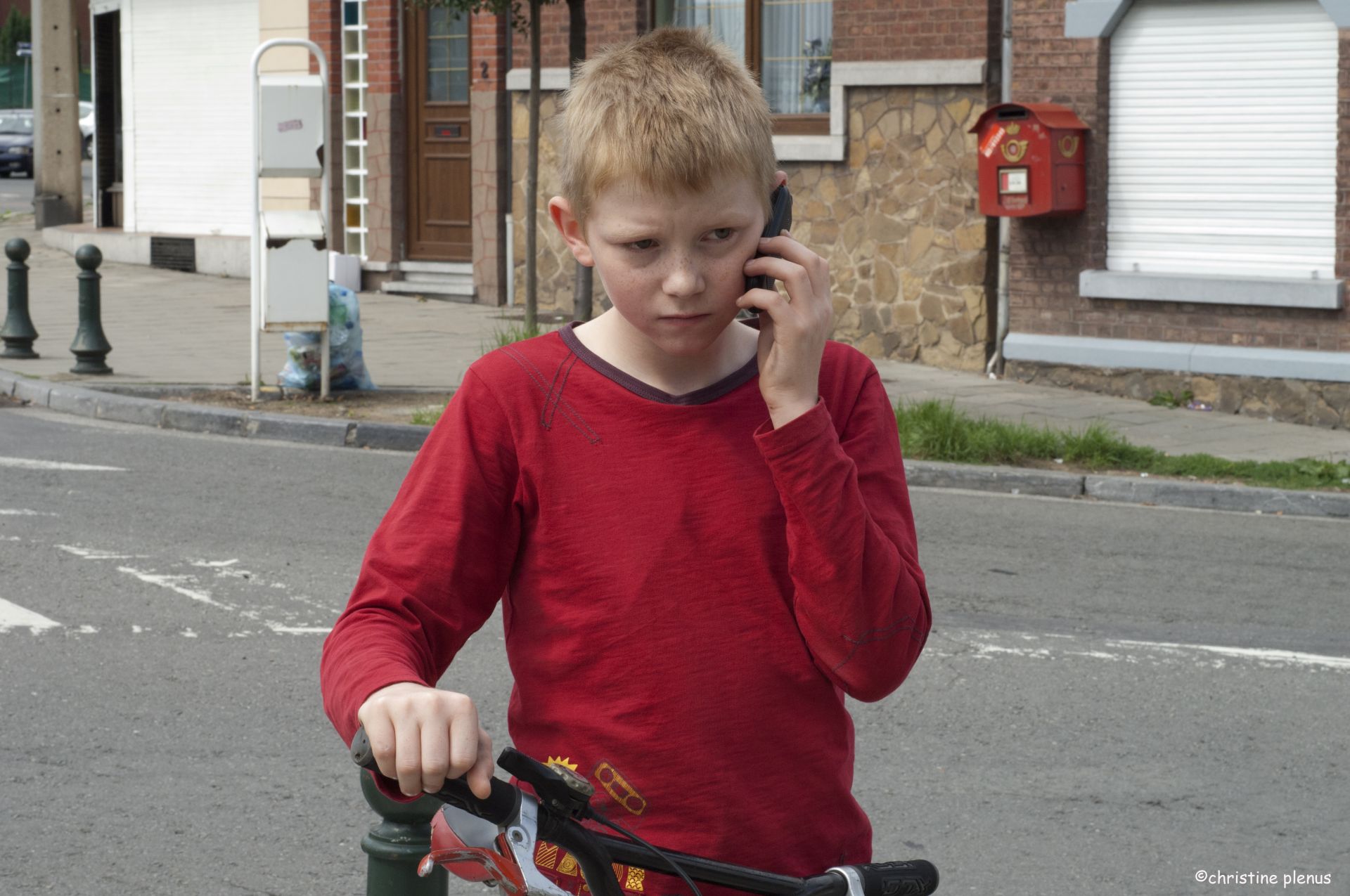Movie Review: 'The Kid with a Bike'

Courtesy of Sundance Selects
By Ruiling Erica Zhang
March 16, 2012 8:47 p.m.
The Kid with a Bike
Directed by Jean-Pierre and Luc Dardenne
Sundance Selects
![]()
![]()
![]()
![]()
![]()
The character of the orphaned boy is no stranger to the history of film and literature. But then again, you haven’t met 11-year-old Cyril in “The Kid with a Bike” (“Le gamin au velo”), the French-language winner of the 2011 Cannes Film Festival Grand Prix, written and directed by Jean-Pierre and Luc Dardenne.
The film opens with Cyril (newcomer Thomas Doret) running across the park grounds of his orphanage school from two counselors in pursuit. In the majority of the shots Cyril appears in, he is running or pedaling furiously on his bike.
Cyril is not technically an orphan. His father placed him at the school only a month ago. When viewers meet Cyril, he has just been told that his father has left his apartment without leaving any word. Cyril won’t believe it. He has to see for himself. And that’s why he is always running, searching.
From the very beginning, the film is underwritten by a sense of anxiety. The cuts make the film operate more like a thriller than a coming-of-age narrative. Even watching scenes of Cyril biking on the road induces stress. One keeps expecting him to be hit by a swerving car in the post-industrial Belgian town where the film is set.
Even when Cyril sees his father’s abandoned apartment, he is unmoved. He clings onto his reasoning that his dad would have brought him his bike before he left.
Doret maintains a determined face that gives away little emotion, but suggests intense purpose and concentration. One can’t decide if Cyril is clever or ignorant, but gets the sense that he is always plotting something.
In a quick but memorable exchange in the film, Cyril inquires after his father’s whereabouts at the gas station and the cashier asks, “You’re his son? Didn’t he tell you where he was going?” As Cyril slips out the door, he shoots back an absurd answer, “He did, but I forgot.” The line throws into relief both Cyril’s stubborn denial of his father’s absence and his own pain, wanting neither to be unloved nor pitied.
So when Samantha (Cecile de France), a woman he had run into at the apartment, shows up at the school with his bike, Cyril is grateful but not warm. Thinking she could help him find his dad, Cyril asks to stay with her on the weekends, and she agrees.
Cyril’s mother is never mentioned, just as Samantha’s motives for caring for Cyril are not apparent. They are perhaps not important and better left unrevealed.
The story, after all, is about the orphaned boy. The defiant and troubled Cyril, bent on finding a father figure, distances himself from Samantha and gets involved with a slick-haired petty criminal (a well-cast Egon Di Mateo). The stakes are raised as Cyril becomes capable of surprising violence.
Deeply moving at parts, the film derives intensity not from sentimentality, but its nuanced writing and acting.
It may sound like the story takes a turn for the worse, but the film ends true to the grand tradition of the orphan’s tale. The unexpected ending is too well-done to give away. Suffice it to say, the kid gets what he deserves.


